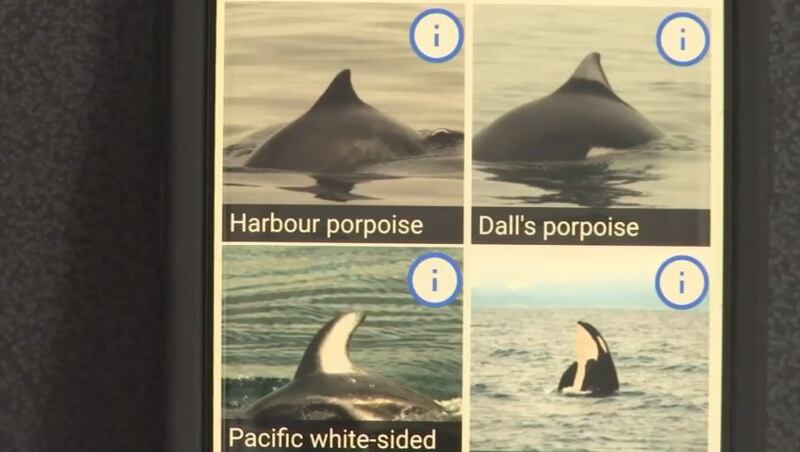You’ve seen, and probably been aboard, Washington’s state ferries.
But have you heard them from underwater?
On Tuesday, Scott Veirs of Orcasound dropped a hydrophone into Elliott Bay, bringing the noise of the ferries to the surface.
“That clickety-clack sound is a classic noise signature of a Washington State ferry,” Veirs said.
Orcasound has a small network of sensitive underwater microphones that captures both the sounds of ships and the sounds of orcas.
“They’re very chatty, they’re almost always making sound,” Veirs said.
Orcas use sound to communicate with one another and to find food, with clicks and echolocation.
“It’s really important to have the ability to hear the echo of your click off the swim bladder of a chinook that might be (a) football field away,” Veirs said.
But ship noise drowns it out, making life even harder for endangered Southern Resident Killer Whales, who, despite the odds, are multiplying.
“We have two calves and one on the way, so it’s very much an exciting moment and a great obligation I feel to do what we can to enable them to recover,” said Fred Felleman, an orca expert and Port of Seattle commissioner.
Felleman is a leader in a new effort called “Quiet Sound.”
Born from Gov. Jay Inslee’s orca recovery task force and modeled after a program in Vancouver, British Columbia, the idea is for ships to slow down, or even change course, if orcas are nearby.
“Now it’s getting that information to the pilots and the shippers on the vessels so we can let them know whales are present,” Felleman said.
There are already apps to show whale sightings.
Adding more hydrophones to find whales when no one can see them, and using artificial intelligence to listen and send reports, is the long-term vision.
“So when we’re sleeping the machines will be listening,” Veirs said.
Some of that work is already in development, in partnerships with biologists, maritime stakeholders and technology specialists.
As whale location information becomes more widely available, Felleman said it will be important that enforcement agencies are notified of whale activity so they can keep boaters from seeking out whales and getting too close.
Cox Media Group








